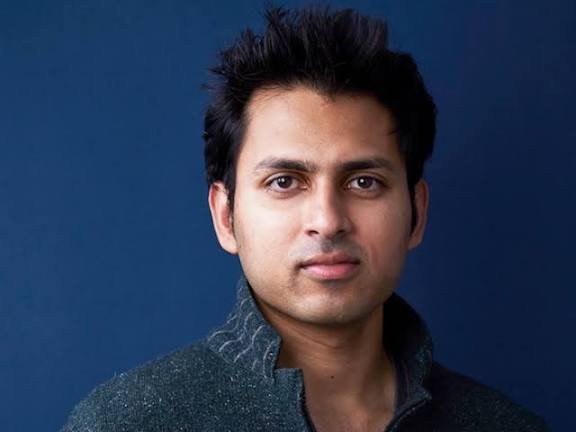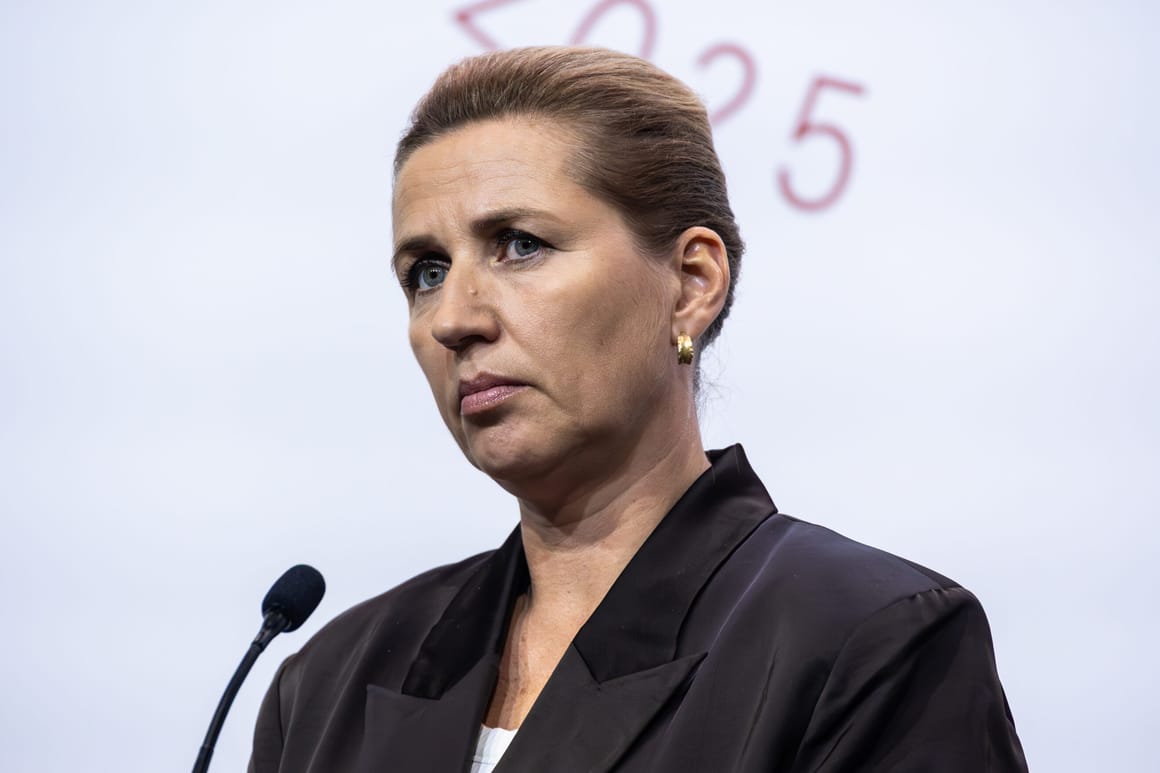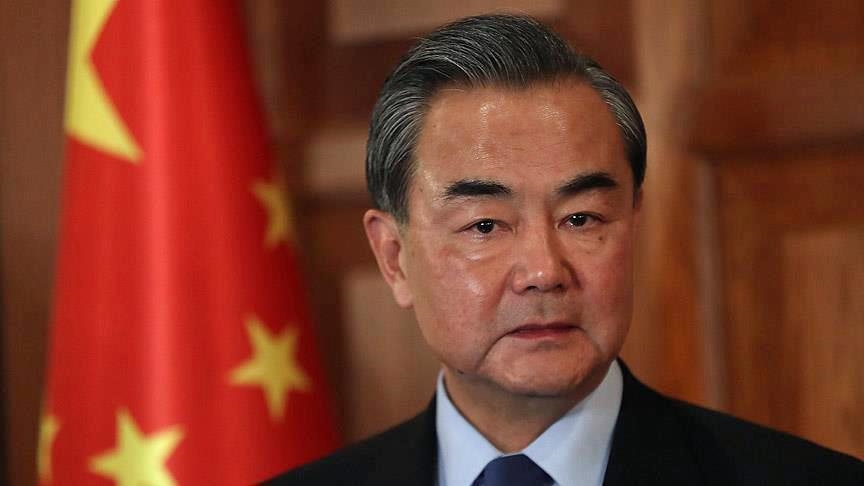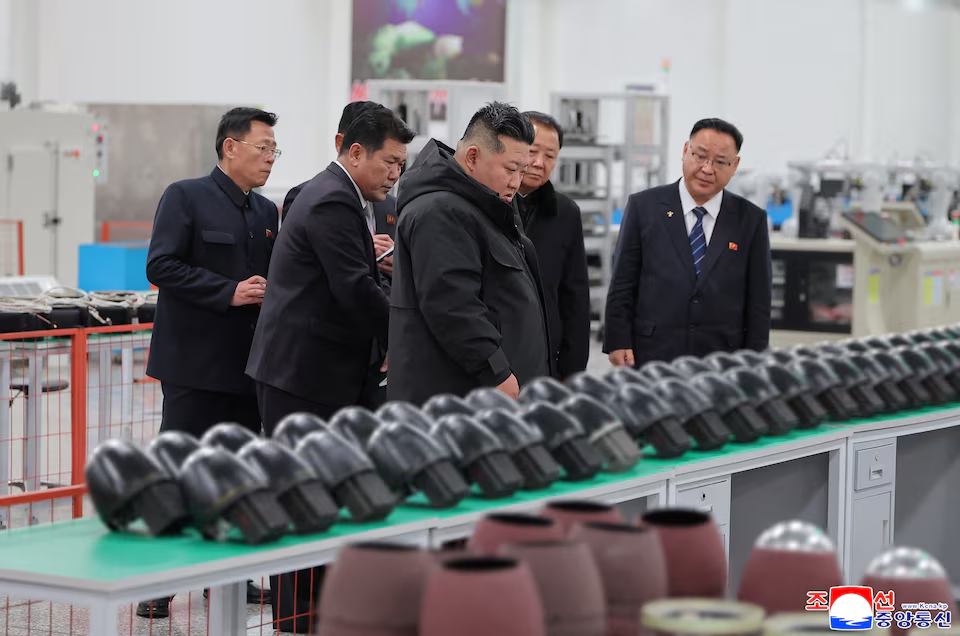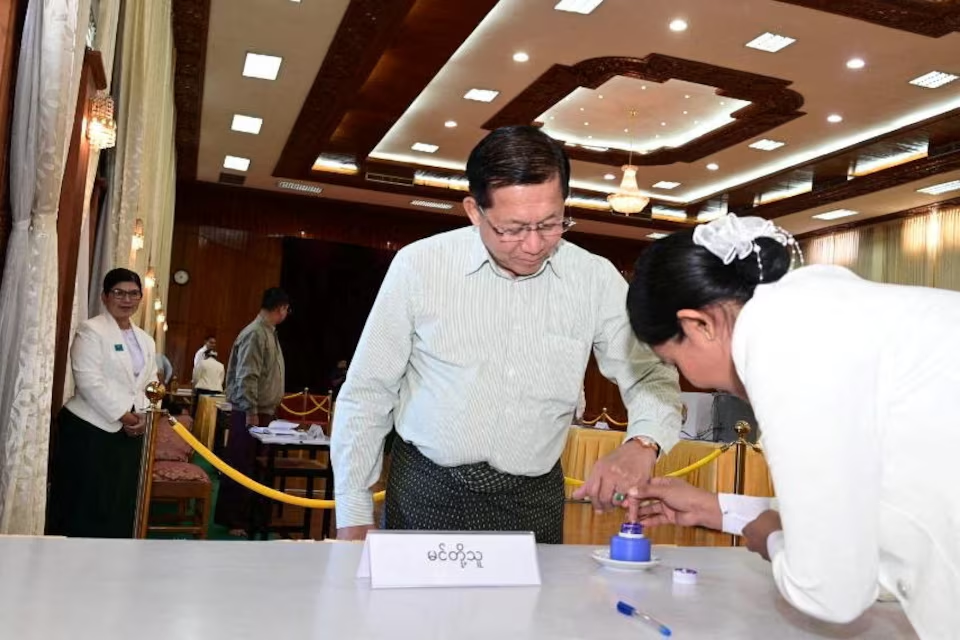Soumith Chintala, influential engineer in modern artificial intelligence, has joined Thinking Machines Lab, the fast-rising startup by former OpenAI chief Mira Murati.
Chintala revealed the move in a brief message on X on Tuesday November 18, 2025, praising the team at the company and updating his online profiles to reflect his new role. It marks his first career step since leaving Meta earlier in November, ending an 11-year tenure that included co-creating PyTorch, the widely adopted open-source AI framework.
His arrival is a major win for Thinking Machines Lab, which Murati launched in February 2025, with a focus on developing advanced systems and tools for human-AI collaboration. The company has quickly become a magnet for high-profile talent, attracting researchers and engineers from Meta, OpenAI, Anthropic, and leading academic institutions.
Chintala’s departure from Meta comes during a period of major restructuring within the company’s AI division. Meta has spent the past year expanding its research ambitions, hiring aggressively from competitors such as Google DeepMind, Apple, and OpenAI. It also created a new Superintelligence Labs unit led by former Scale AI CEO Alexandr Wang. Meanwhile, Yann LeCun, Meta’s chief AI scientist and founder of its FAIR research lab, is widely reported to be preparing his exit.
Thinking Machines Lab declined to comment on Chintala’s appointment, and he did not respond to requests from Business Insider.
Read Also: AI Becomes Core Engine Driving Semiconductor Devices Growth
The startup’s strategy has been to compete directly in the global AI talent race. It has recruited notable figures including John Schulman, co-creator of ChatGPT; researcher Alec Radford; and former OpenAI chief research officer Bob McGrew. U.S. federal H-1B salary filings show the company offering up to $500,000 for technical roles, with several employees earning between $450,000 and $500,000 before bonuses and equity.
The company raised a $2 billion seed round earlier this year at a $10 billion valuation and is now in discussions to raise new funding at a significantly higher valuation of about $50 billion, according to Bloomberg.
For Chintala, the move follows a public reflection on his years building PyTorch. In a farewell post, he noted that the framework grew from a small internal project into a global standard used in industry and education. He wrote that he was ready to pursue “something small… something new… something uncomfortable,” saying PyTorch had reached a level of maturity that allowed him to step away.
Thinking Machines has not yet released its full product line, but its early tool, Tinker—designed to simplify fine-tuning of large AI models—is already being used at Princeton, Stanford, and by early commercial clients. The company has also navigated leadership changes of its own, including the departure of cofounder and former Meta researcher Andrew Tulloch, who returned to Meta in October 2025.

